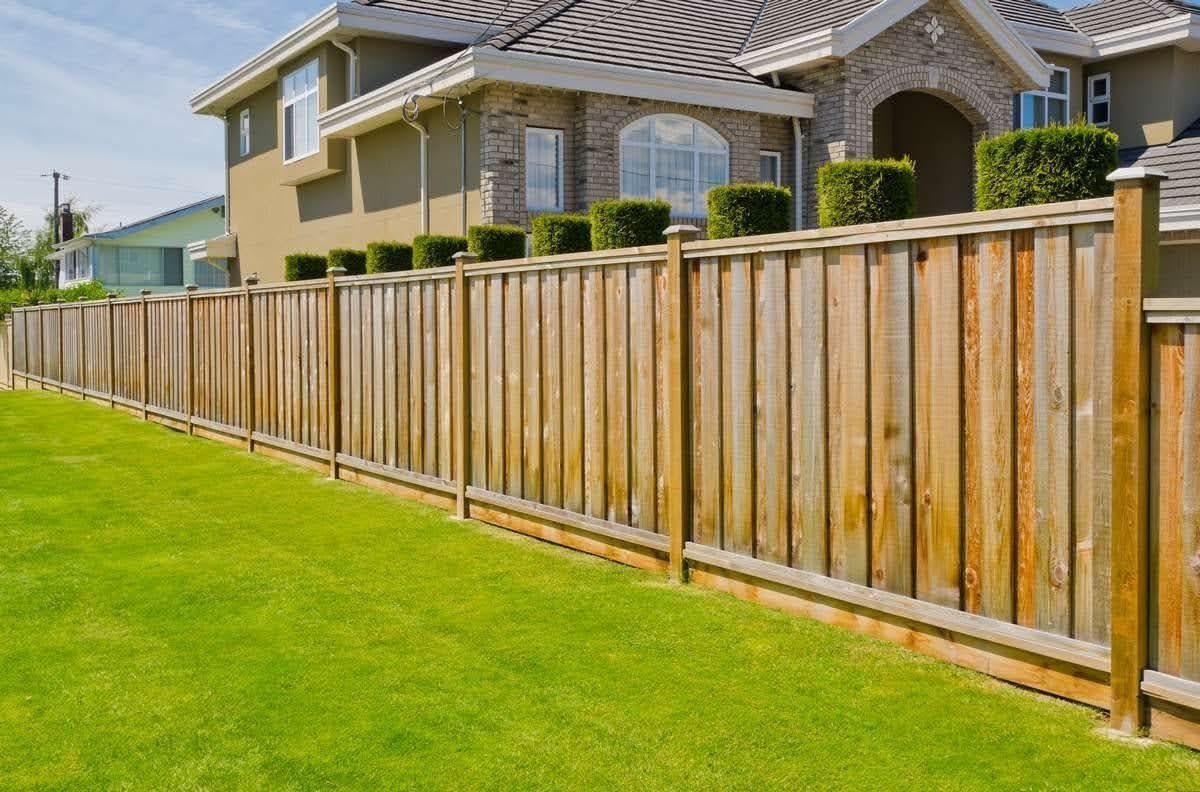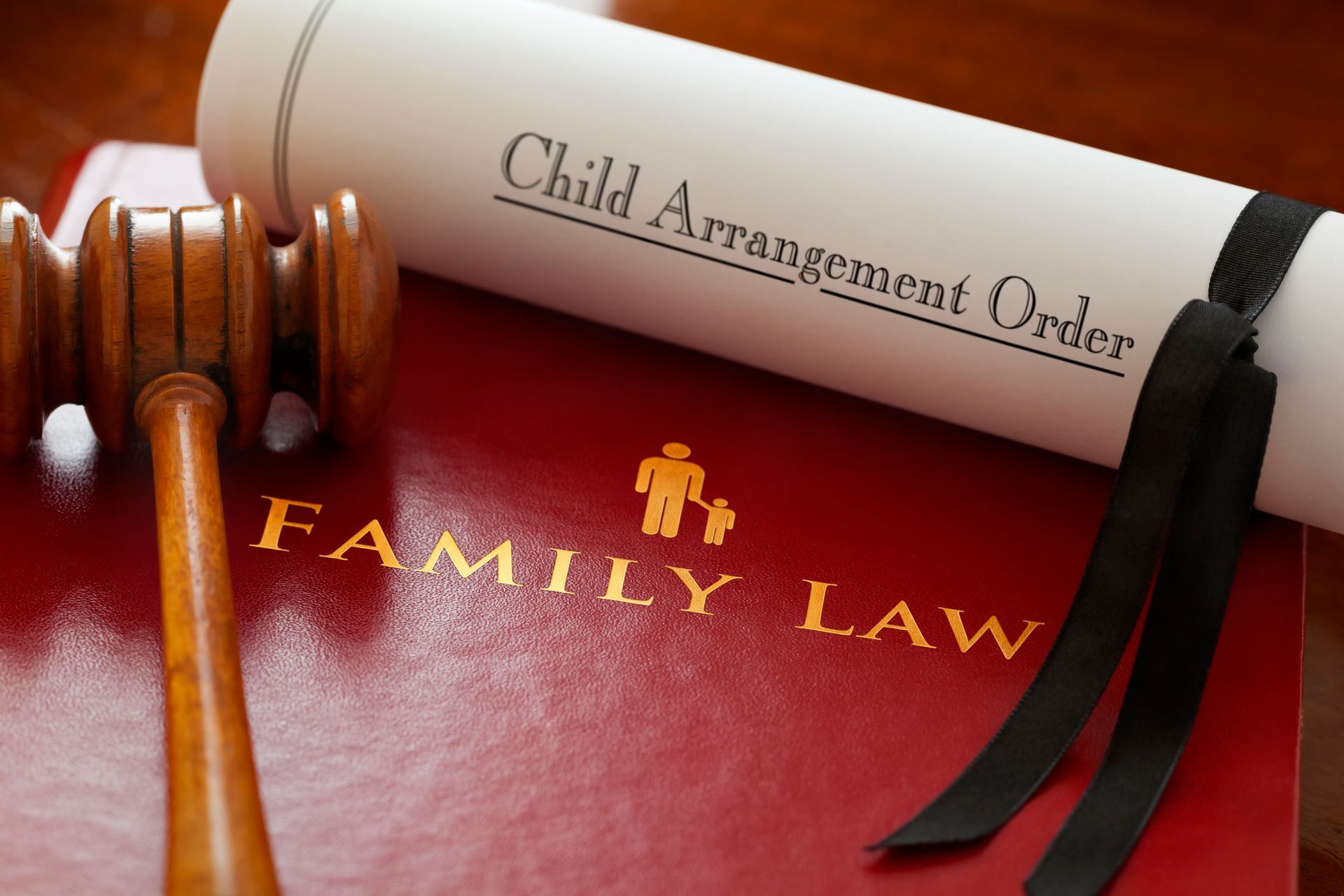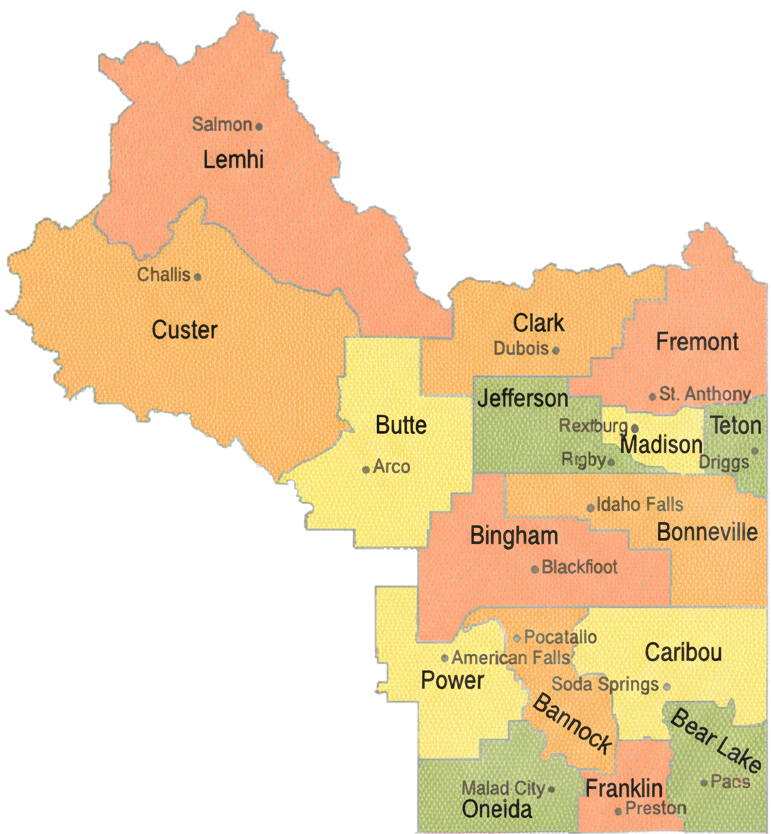Property and Boundary Disputes: What to Know
Do you have a boundary dispute with your neighbor? Disputes over usage of land can become real challenges not only because the disputing parties have to live or work next to one another — possibly causing high emotions — but also because this can represent significant financial or physical loss. This means you should understand what you can do to resolve your boundary dispute most effectively.
To help you do just that, discover a few answers to key questions you may have.
What Are the Main Types of Property Disputes?
In general, property usage and boundary disputes come in two varieties. The first is trespassing. This can occur if your neighbor, for instance, regularly drives across your land in order to get to a section of their own. In an urban setting, this could be a neighbor who takes fruit from your trees or lets animals use a portion of your yard.
The second category of disputes usually falls under encroachment. Encroachment is the intentional claiming of and using of your land by a neighbor. The most common type of encroachment is a fence that is actually built not on your neighbor's own land but on yours. Other methods of encroaching on your land include installing outbuildings, planting gardens, or directing runoff onto your property.
How Can You Prove Your Property Claim?
Most cases of both encroachment and trespassing are provable with accurate records of property lines. You might use the title to your property and a new land survey to establish the legal boundaries between you and your neighbor. In addition, researching the title itself can demonstrate whether or not there were ever any easements or grants on the land in the past.
What Complications Can Happen With a Claim?
Unfortunately, not all disputes are easily solvable with a title and a survey. You might, for example, discover that a prior owner had indeed authorized an easement for a neighbor to use what is now your property as a driveway.
A more complex problem can arise when the title is unclear about the boundaries of the two properties. Titles that have not passed through many owners' hands might include vague designations, such as a landmark that is no longer clear, rather than specific measurements. In this case, you and the neighbor may need to make a new agreement or involve a judge.
Finally, you may end up facing what is known as adverse possession. When encroachment has happened for a long time and undoing it is not feasible — such as when a barn was built many years ago on the wrong side of the boundary line — a judge may grant the encroacher right to continue using the portion of land.
What Resolution Can You Get?
Broadly, resolution to your dispute usually takes one of two forms. The first is to stop the trespassing or encroachment. If your neighbor has recently built a fence on your property, you likely simply want it taken down. If their tree's roots have damaged your yard, the best solution is to remove the tree. This can be mandated, or it can be something you agree to voluntarily.
Sometimes, though, the encroachment must continue in some form. A neighbor who has no other access to the road may require an easement for utility lines or a driveway. Or they may not want to take down that old tree. In this case, you might work out an agreement to compensate the landowner for loss of use and either change the property lines or grant permission for the trespass.
Should You Work With an Attorney?
As early in the dispute as possible, contact an attorney in your state who has experience with real estate law.
Engaging an attorney does not mean you must take the case all the way to court. Your lawyer can help with steps like adding signage, meeting in person with the neighbor, and providing written notices. They will also help you avoid making things worse through emotional confrontations on your part. And they may also assist with mediating or writing up a settlement with your neighbor.
How involved should your attorney be in the early stages of the case? This depends on the situation, but many property owners work with legal help behind the scenes at first. This can help keep tensions lower and increase your chances of resolving things between you and your neighbor. However, other disputes may call for using an attorney as an intermediary.
Where Can You Learn More?
Idaho land owners should consult with Hart Law Offices, P.C., as soon as they discover a property dispute. We have assisted residents with all their legal needs for more than 45 years. Call for a free consultation and learn how we can help you resolve your case. We look forward to helping you!



















